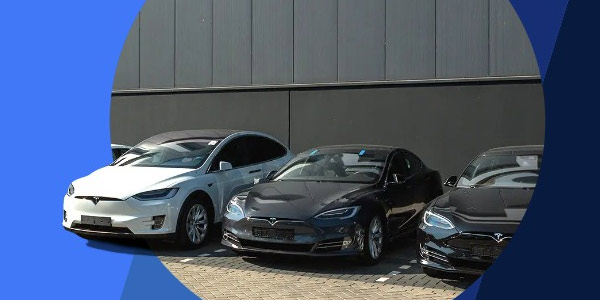Georgia Fleet Management Services & Solutions
The Future of Mobility
From 2021 to 2022, Georgia saw a 48% increase in the number of registered EVs. And with Rivian announcing its new carbon-conscious plant in the state, the momentum toward sustainability will only continue to grow.
And it’s perfect timing. Starting January 2024, 50% of local authorities’ new vehicles must be zero emission. By January 2027, that number rises to 100%.
The upcoming transition is daunting for many fleet managers with high-mileage business needs. But with Spring Free EV’s comprehensive fleet service package, the transition to electric commercial vehicles is seamless and stress-free for businesses of all sizes.










